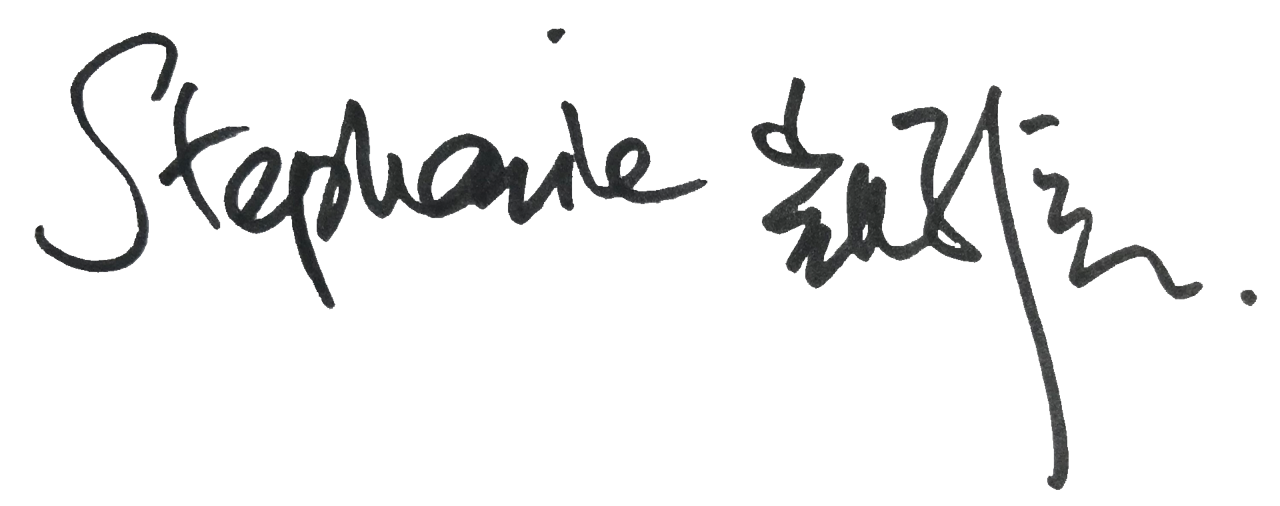What to Do With Estranged Relationships
Today is Mid-Autumn Festival. It’s an important time for family reunions to celebrate by feasting and gazing at the bright, full moon, according to the Chinese culture I was raised in.
The round shape of a full moon symbolizes unity, togetherness and completeness.
As I am writing that, I’m also thinking about the families and relationships that are estranged.
Relationships, whether it’s with your mom, dad, husband, wife, brothers, sisters, in-laws, relatives or close friends, can be so tricky, right?
That’s because these are the people you are related by blood, marriage, adoption or through other means.
Because your lives are so closely interconnected, whatever they say and do have an impact on you.
You care about what they say, what they do and what they think.
That can affect what you think, say and do, consciously and unconsciously.
If you agree with them and they agree with you, then you are good.
But what if you don’t see eye to eye?
Emotional Triggers
When that happens, that can be triggering.
All sorts of emotions come up:
Disappointment, anger, resentment, sadness, the feeling of powerlessness, stuckness and more.
It may be because their values, needs, wants and opinions clash with yours.
It may be because you don’t want to meet their values/wants/needs/opinions.
Neither do they.
You feel judged.
So do they.
You may make assumptions and judgements about them. Stories may be created in your head around what and why they say, and do and act.
So do they.
You criticize them for not listening, seeing or respecting your own point of view.
They criticize you for the same thing.
You want to be seen, heard and at least understood if not appreciated. You want to be loved.
So do they.
When both sides stand their ground and either of you takes a step back, conflicts arise.
Hurtful words are spoken and harmful actions are taken.
Silence is created between you, so is the physical separation and emotional detachment.
You may try to push the triggers away, yet they keep returning.
When you think you both are different,
How much in common do you both actually have?
Would you consider these possibilities:
What if no one is wrong?
What if the differences you both have stem from how you individually see the world?
What if the way they behave is a reaction of the pain they may be carrying from their childhood or later in life?
What if they may not be aware of how they are discerning the world and how that affects what they say and do?
Now, change the “they” in the sentences above to “I.”
What if the way to resolve conflicts is to look at your pain and hurt first?
What if you can be compassionate and gentle with your pain and hurt first?
When that happens, your views on the other person may change.
This can be the first step to heal your relationships.
As some of you may remember a story about the conflicts and disagreements I had with my mother. By recognizing her and my own pain, I shifted how I saw her which resulted in my understanding and compassion for her. That eventually led me to write her a letter, publicly declaring my love for her.
As with all relationships, it takes patience, love, a lot of forgiveness, grace and generosity to be together.
When you are hurting, you can guarantee they are hurting, too.
When two rocks crash into each other, one is going to chip. Ouch, that can hurt.
How do you want to approach your relationships differently today?
If you are suffering, feeling stuck and you want to improve your relationships, I can help you heal. Contact me or book an appointment by clicking the button below. Let’s explore the topic together. No one should walk alone in this journey. ❤️
Happy Mid-Autumn Festival, or Moon Festival!
Wishing you lots of love and joy in your life, ❤️


